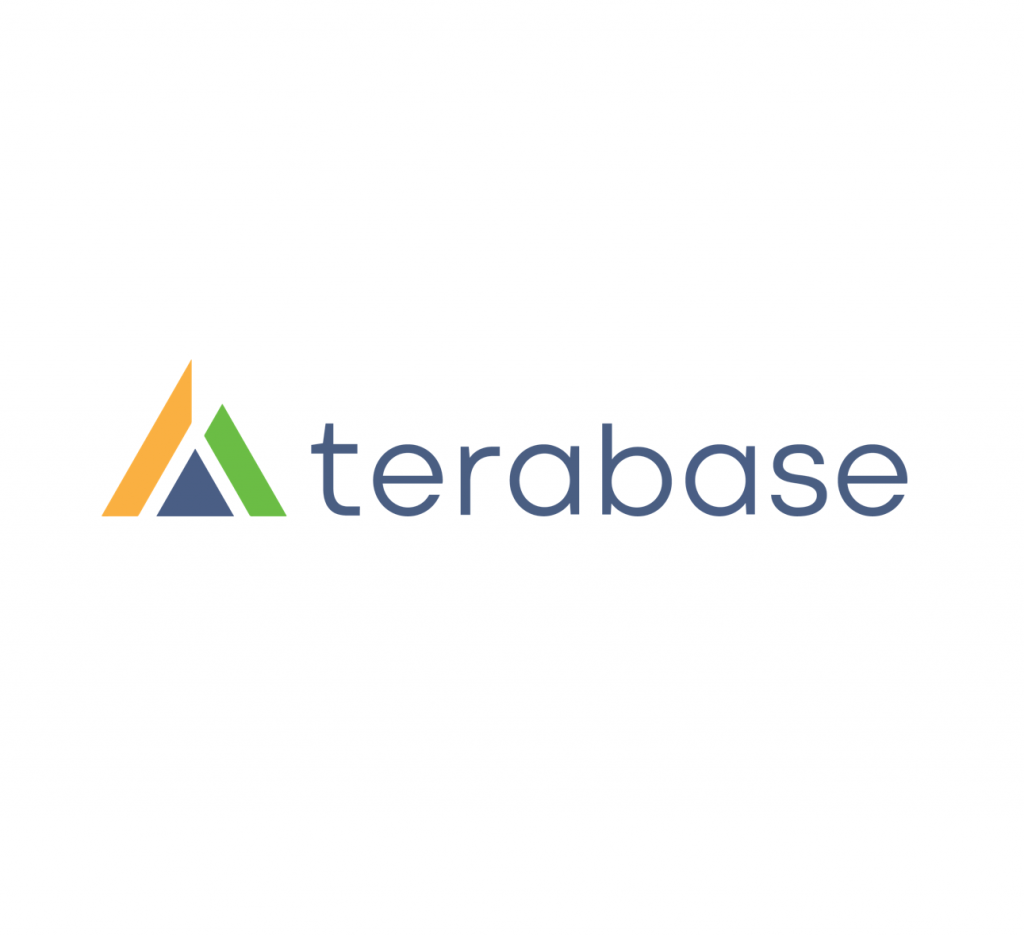How SJF Changed Our Impact Reporting to More Effectively Engage with Portfolio Companies
Earlier this year, SJF Ventures completed its 2023 Impact Survey — a comprehensive review of each of our portfolio companies that assesses the social and environmental impacts of their operations. Our goal as an impact investment firm is to accelerate the positive benefits these companies bring to society, “bending the curve” to improve impact performance across all our areas of focus, from environmental sustainability to health outcomes to economic opportunity. Data collection is the first step in our impact acceleration process; it allows us to identify areas where we can improve impact performance and kickstart “bending the curve” projects in partnership with portfolio companies.
Measurement and reporting have long been important functions for impact investors like SJF, and a source of ongoing difficulty. The industry continues to evolve, with practitioners hoping to land on a model that meets the needs of portfolio companies while providing all stakeholders with actionable data. Long-term studies common in monitoring and evaluation programs set the “gold standard” for rigorous measurement, but these programs can rarely be applied to early-stage startups. At the other end of the spectrum, standardized taxonomies and frameworks meant to replicate accounting standards fail to capture the specific impacts of startups’ business models in favor of high-level scale metrics that can be easily rolled up and reported at the fund level. Impact investors, catering to both bespoke limited partner requests and standardized frameworks, often do not provide value back to portfolio companies, who stand to gain the most from the reporting process.
Our 2023 Impact Survey is the result of the ongoing evolution of our practices — a change in strategy that aims to find the right balance between standardized metrics and more actionable, company-specific measurements. Until 2022, we kept over two decades’ worth of impact data in Excel spreadsheets, which made it difficult to benchmark and glean insights across portfolio companies. Without benchmarks, we could not contextualize company performance across our portfolio and provide these comparisons to our portfolio companies in order to encourage continuous improvement.
In 2022, after researching the IMM data platform market, we partnered with UpMetrics. The UpMetrics platform provides SJF with greater visibility and analytical capabilities, and it enables easier sharing of insights with portfolio companies and limited partners. “We’re thrilled about our work with SJF Ventures and what’s been accomplished,” says Sami Smith, a client success engineer at UpMetrics, “Together, we’ve made great strides in refining their data collection process and have started visualizing and presenting SJF’s impact metrics in a way that’s meaningful and valuable for both SJF and their portfolio companies.”
The culmination of these tools have allowed us to more easily collect and interpret portfolio data and provide that comparability across funds and companies, but we still have room for improvement — particularly in identifying the right company-specific data to collect. We are working to be as deliberate as possible in the questions we ask of our portfolio companies and how we empower them to increase their impacts.
Here are the key takeaways from our 2023 impact reporting cycle:
Meeting companies where they are
Our approach to impact reporting applies a set of unique metrics for each portfolio company, in addition to standard questions tracking quality jobs-related metrics, workforce diversity and other ESG factors. SJF invests across several different social and environmental themes, and within those themes, our portfolio companies present different solutions to societal or environmental challenges. For example, SchooLinks and Rhithm both aim to improve learning environments and systems, the former through a college and career readiness platform, and the latter through a social-emotional learning tool.
We recognize that every company is at a different phase of growth, so we aim to meet each company where it is in terms of its size, industry, and goals. Part of this approach involves working directly with the company to understand what it is already measuring internally. Rather than taking a top-down approach and prescribing specific information for companies to begin collecting, we found better engagement and stronger results by drawing insights from companies’ existing measurements. This process doesn’t have to be time- and resource-intensive for the companies; we begin by seeing what data is already being collected, and we work to make the exchange of data more collaborative over time.
One example of this approach can be found with Ambient Fuels, an SJF portfolio company that delivers custom-engineered green hydrogen solutions. Because Ambient Fuels is still an early stage start-up, the company does not yet have reportable metrics on CO2 mitigated or other environmental impacts. However, the company tracks its project portfolio across development phases (feasibility, early-stage, etc.) as well as the use case or industry sector, allowing them to estimate the CO2 that will be avoided as these projects reach operations. These numbers provide a baseline for SJF and Ambient Fuels to track progress going forward.
Engagement beyond investment
SJF’s commitment to portfolio companies extends beyond simply investing in mission-driven organizations. We want our impact data to be useful, and we are analyzing our 2023 data in order to inform our own work across the portfolio and to provide meaningful insights, new ideas, and creative solutions to our founders and portfolio company executives. In sharing this data back to founders and executives, we provide them with context that they may have otherwise missed, which helps them to more effectively focus and direct their work.
In our efforts to improve our portfolio’s impact performance, or “bend the curve,” we will use our annual data collection as a starting point for engaging with a company. SJF may choose to engage with company management teams when we see a company with extreme employee turnover or a lack of diversity in managing roles, using our standardized portfolio metrics to see high and low performance in these metrics. Our experience across a wide range of industries allows us to apply best practices and offer useful guidance to these companies as they seek to catch up to industry norms. That engagement also applies to company-specific metrics — if SJF notices a decline in a company’s key impact indicators, that is an opportunity to check in and provide outside perspective and guidance.
Long-term values and continuous improvement
The work we perform in our impact reporting reflects our values as an investment firm: supporting the companies that share our vision and goals; leveraging creativity and deep industry knowledge to sharpen each organization’s impact; and holding ourselves accountable for continuous improvement. By tailoring our impact survey to each organization, we’re able to go beyond just engaging on standardized metrics and instead create value for our portfolio companies by offering them highly tailored guidance.
Just as this year’s Impact Survey built off the capabilities of our new reporting technology, future editions of this survey will benefit from the lessons learned in this year’s analysis. Our 2023 Impact Survey established benchmarks for each portfolio company and for SJF as a whole, allowing us to track improvements over time, more effectively quantify the impact of our investments, and share takeaways with our limited partners and the broader impact investing community.
This year, we are working with impact measurement firm 60 Decibels to do a series of end-beneficiary outcomes studies with five of our portfolio companies. This work will allow us to move companies towards measuring outcomes over outputs where feasible, while also elevating the voice of the beneficiary. This stakeholder voice is often lost in the debates around impact measurement standardization. 60 Decibels’ Ramiro Rejas, who is leading the work with SJF, described the importance of this type of data: “At 60 Decibels, we’re convinced that listening to end beneficiaries is crucial to understanding impact. This hands-on feedback is not only key to measuring impact, but also to enhancing the services provided to beneficiaries. We look forward to bringing this level of insight to SJF’s portfolio companies.” We hope our work with 60 Decibels will deliver actionable customer feedback to our portfolio companies, allowing them to continue improving their impact performance. After this year’s five-company pilot project, we expect other portfolio companies to conduct similar studies, making end-beneficiary data a more consistent element of SJF’s annual impact reporting process.
To learn more about SJF’s approach to impact measurement, visit the Impact section of our website.


